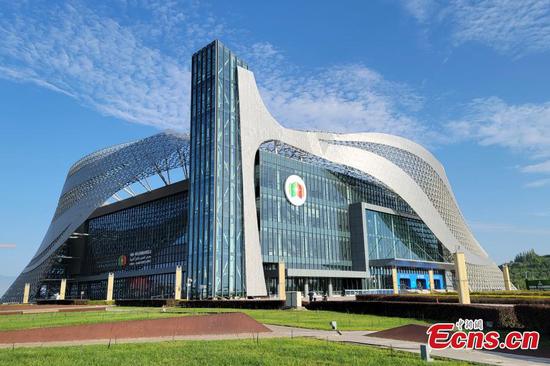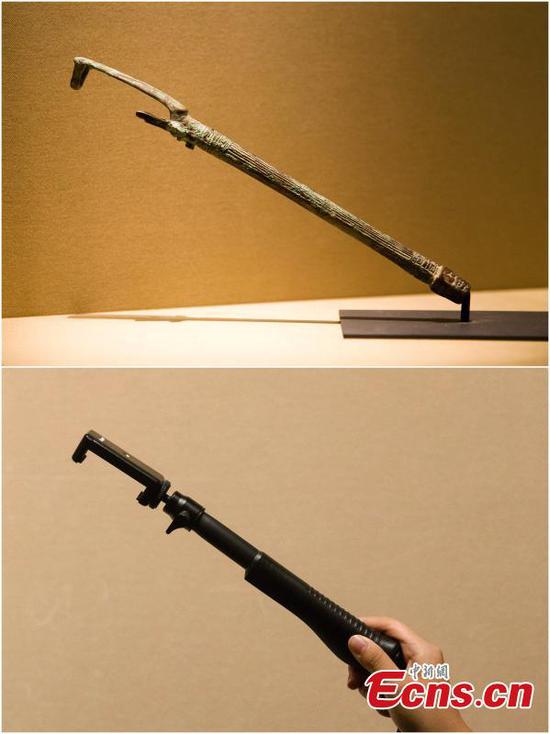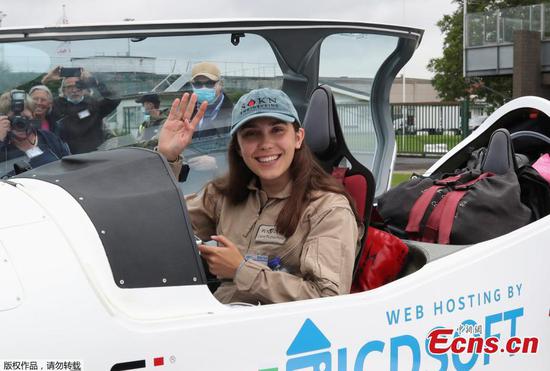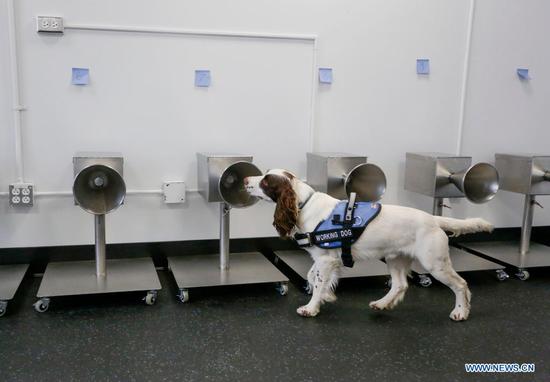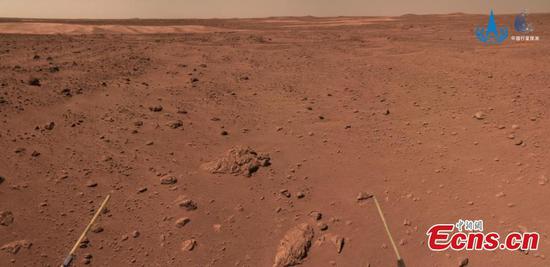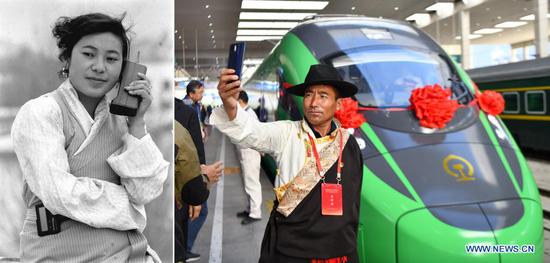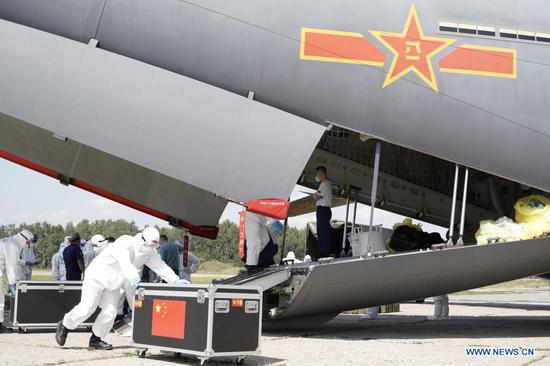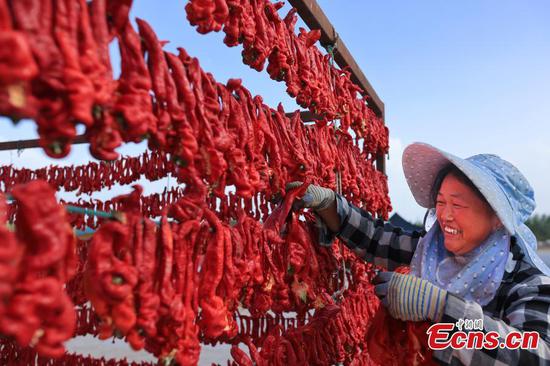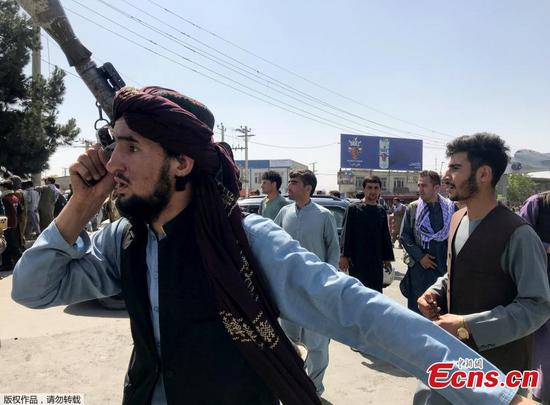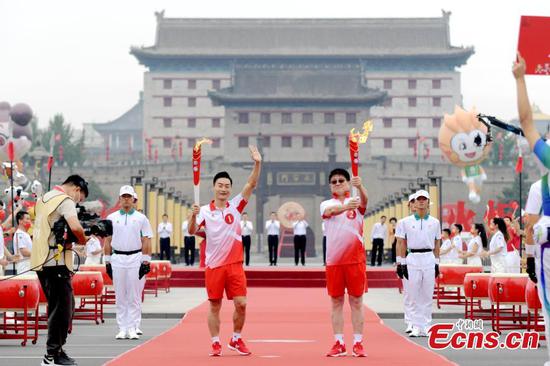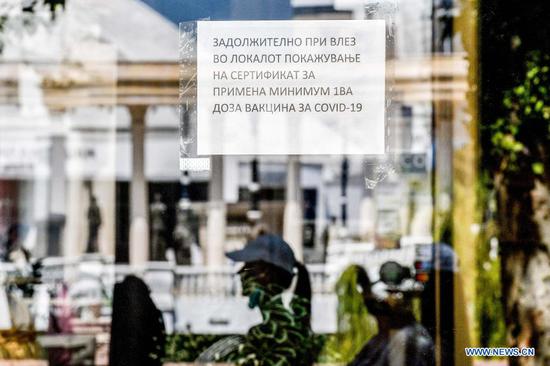Prognosis using big data, intelligent diagnosis, instruction on transnational remote surgeries -- the booming development of digital technology is driving healthcare more than ever, accelerating the building of the community of common health for mankind.
"Harnessing the power of digital technology is critical to achieving universal health coverage," said Dr. Gauden Galea, World Health Organization representative to China, at a healthcare forum of the ongoing fifth China-Arab States Expo in northwest China's Ningxia Hui Autonomous Region.
Over the years, China has continuously developed digital health, promoting the deep integration of internet technology and healthcare.
So far, the country is home to more than 1,600 internet hospitals, and nearly 49 million people took online diagnosis and treatment in 2020 with the prevalence of online healthcare services, said Yu Xuejun, deputy head of the National Health Commission at the forum.
Yu pointed out that Internet Plus Healthcare has become an indispensable part of medical care, and its advantages such as being contactless have been fully displayed during the fight against the COVID-19 epidemic in China.
From pre-registration to health management, digital technology has been applied in almost the whole medical care process in many Chinese cities, and even people in remote villages can now enjoy quality medical services via intelligent diagnosis and telemedicine.
Benefitting from the development of digital technology, China is also sharing its experience with other countries, especially those with underdeveloped medical care.
Since 1978, China has already dispatched 25 batches of medical teams to Benin in support of its medical care service.
The China-Benin telemedicine cooperation center was launched in 2019 with an aim to provide China's online medical services to medical institutions in the West African country.
Besides offering vaccines and medical supplies, as well as dispatching medical teams, China has also shared its anti-pandemic experience with Arabian countries through video conferences.
"I can clearly see the benefits of cooperation with China in this field for our part of the world," said Mahmoud Hassan Elamin, head of the Mission of League of Arab States in China.
In recent years, China and Arab countries have brought their willingness to collaborate and cooperate in health care sector to the next level by introducing new mechanisms and scope, deepening the cooperation on health care institutions, medical technology research, infectious diseases prevention and control, traditional medicine and healthcare human resources development, he said.
"A new pattern for corporation has been created for both parties," he added.
China is willing to work together with friends worldwide to grasp the opportunities brought by the digital revolution and promote the building of a community of common health for mankind, said Yu Xuejun.















